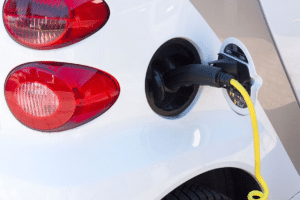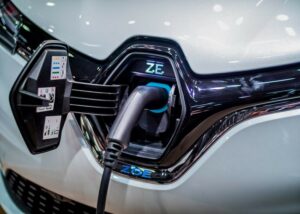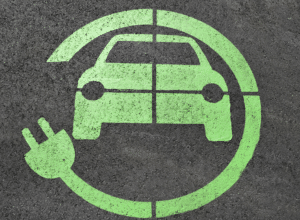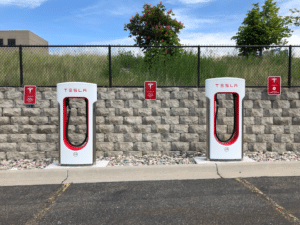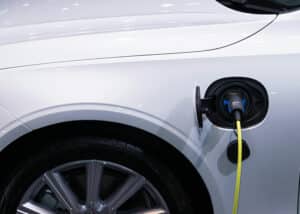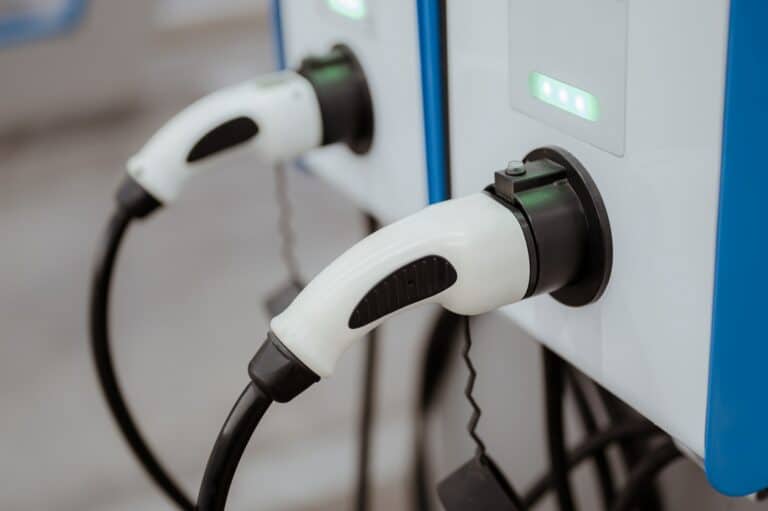After years of mounting pressure from the automotive industry, environmental campaigners, and consumer advocates, the UK government has finally responded with a bold move: the launch of a £650 million electric car grant aimed at making zero-emission vehicles more accessible to everyday drivers.
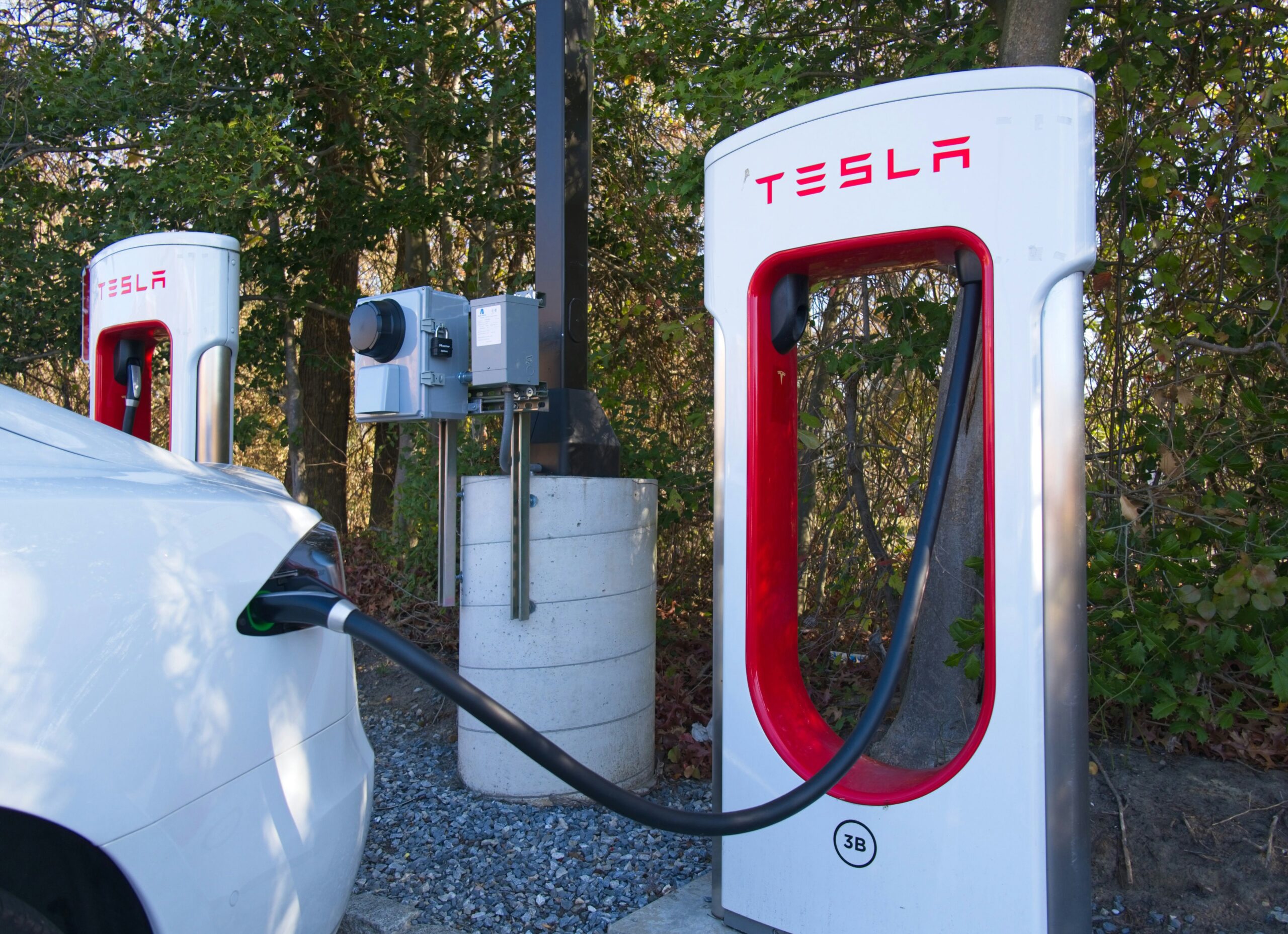
A Long-Awaited Boost for EV Buyers
After years of lobbying from industry leaders and environmental campaigners, the UK government has finally unveiled a £650 million electric car grant aimed at making electric vehicles (EVs) more affordable for everyday drivers. The scheme, announced by Transport Secretary Heidi Alexander, marks a significant policy shift and effectively replaces the Plug-In Car Grant scrapped in 2022, says Car Dealer Magazine.
Under the new initiative, buyers of eligible EVs priced at or below £37,000 can receive discounts of up to £3,750 at the point of sale. The grant is tiered based on sustainability criteria, with “band one” vehicles — those manufactured with the lowest carbon footprint — qualifying for the full amount, while “band two” models receive up to £1,500.
Industry Reaction: “Now Is The Time To Switch”
The response from the automotive sector has been overwhelmingly positive. Mike Hawes, Chief Executive of the Society of Motor Manufacturers and Traders (SMMT), called the grant “a clear signal to consumers that now is the time to switch,” predicting it could help push EV market share from one in four today to four in five by 2030.
Edmund King, President of the AA, echoed the sentiment, stating: “We have campaigned for incentives to help overcome affordability issues, and are pleased our calls have been heard.” He described the grant as a “supercharged effort to accelerate the electric revolution”.
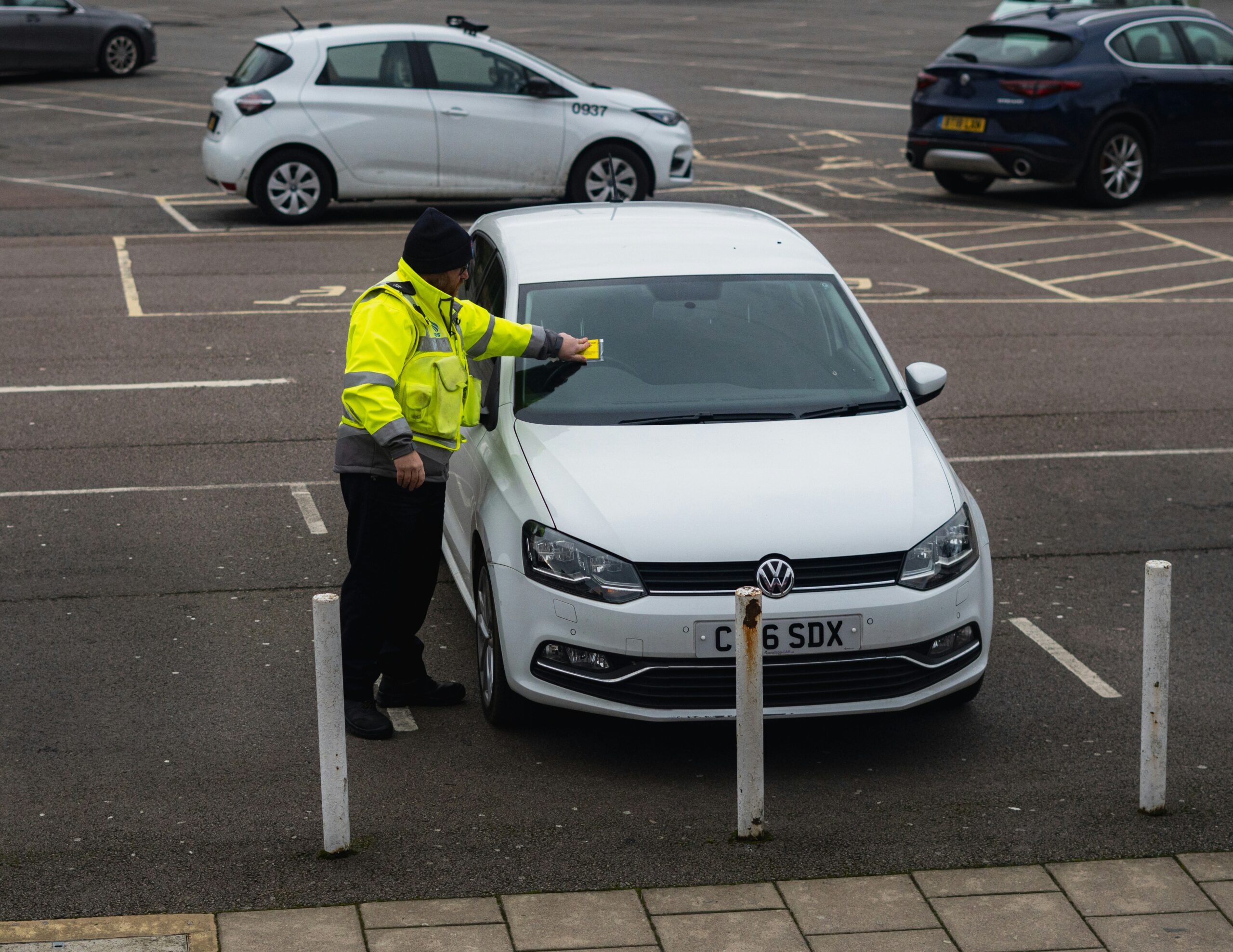
Infastructure Investment: Charging Made Easier
Alongside the electric car grant, the government announced a £63 million infrastructure package to improve charging access, particularly for households without driveways. This includes funding for pavement gullies and improved signage for public charging hubs — a move welcomed by ChargeUK CEO Vicky Read, who said it would “make charging as convenient as possible”.
With over 82,000 public chargepoints now available across the UK and one added every 30 minutes, the infrastructure is finally catching up to consumer demand.
The Numbers Behind The Electric Car Grant
According to government figures, the electric car grant could subsidise around 173,000 vehicles at the full £3,750 rate. That’s nearly half the number of EVs sold in the UK last year. The scheme will run until the 2028/29 financial year, giving manufacturers time to align their product pipelines with the new sustainability criteria.
To qualify, manufacturers must commit to Science-Based Targets (SBTs) and meet strict carbon thresholds during vehicle and battery production, says The Independent. This means UK-built models like the Nissan Leaf and MINI Cooper Electric are likely to benefit, while some overseas models may miss out.
Political Pushback: Not Everyone’s Convinced
Despite widespread support, the grant has faced criticism from opposition figures. Conservative shadow transport secretary Gareth Bacon accused the government of “forcing families into more expensive electric vehicles before the country is ready,” warning that the scheme could lead to tax hikes in the autumn.
He cited data showing that only one in ten private car purchases last year were electric, arguing that the grant may not reflect consumer demand.
Ripple Effect On The Used Market
Although the grant applies only to new vehicles, experts believe it will have a “halo effect” on the used EV market. Ian Plummer, Commercial Director at Auto Trader, reported a 92% year-on-year increase in used EV enquiries and noted that nearly nine in ten electric buyers cross-shop between new and used models.
Ginny Buckley, CEO of Electrifying.com, added that “nearly one in two new electric models are now more affordable thanks to these long-overdue incentives,” citing a survey in which 76% of UK drivers identified upfront cost as the biggest barrier to going electric.
Conclusion: A Spark For The Private Market
The electric car grant is more than just a financial incentive — it’s a strategic move to reignite momentum in the private EV market. With sustainability at its core and infrastructure support to match, the scheme could be the catalyst needed to drive widespread adoption.
Whether it delivers long-term change or a short-term boost remains to be seen. But for now, the message is clear: the UK is putting its money where its mouth is — and backing the electric future.
If this electric car grant has made you now want to invest in an electric car and sell your car, we’ve got you covered. Jamjar.com makes it easy — get a free online quote in seconds and see what your car’s really worth, with no hidden fees or obligations.



















